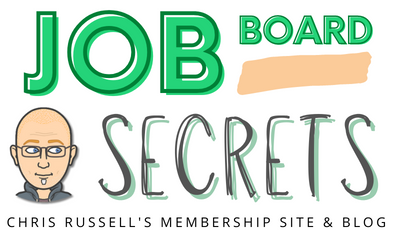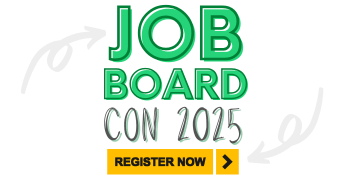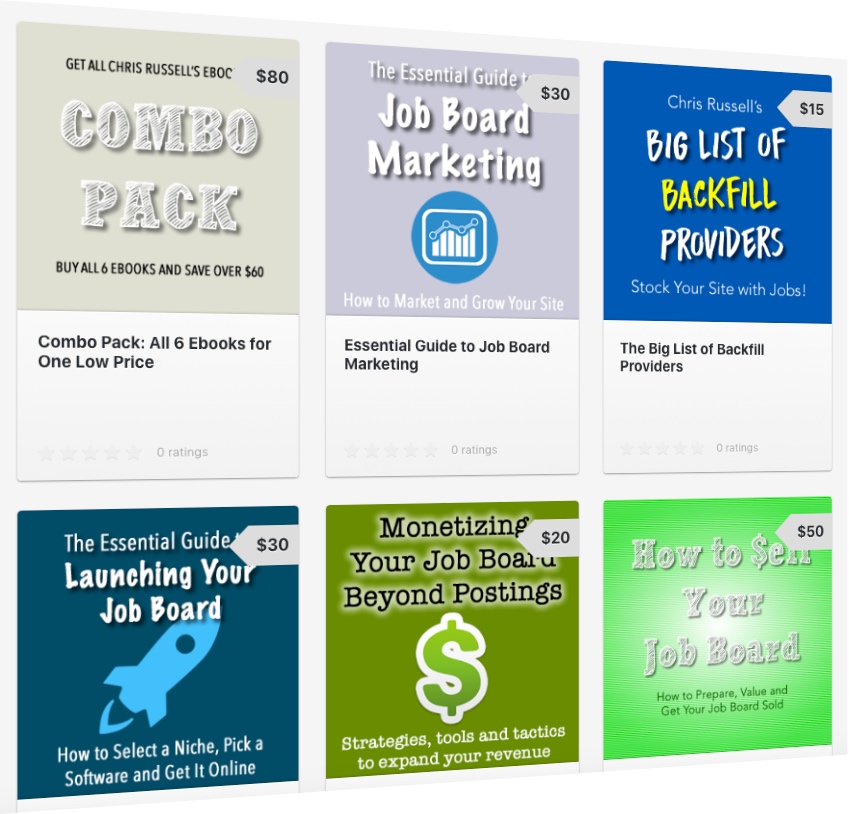I tell all new job board owners that they should be a content machine in their first year of existence. Content drives traffic if you do it right and there is no better example than a new job board I just discovered. Its’s called OysterLink and it targets the restaurant and hospitality space.
Shoutout to my advertiser JBoard.io who did the interview on their Youtube channel. I summarized the video below but give it a watch. They built an informational site that brought in 280k monthly visitors. That’s what I call crushing it! And they are about to turn on monetization in 2025. Their site is custom built.
In this interview, Milos Eric, the founder of Oysterlink, shares his journey of building a successful job board in the hospitality industry. What makes his story unique is that he managed to attract 280,000 monthly visitors before even launching the actual platform. Let’s dive into the key insights from Milos’ experience and the strategies that led to this impressive growth.
Milos’ entrepreneurial journey began at a young age when he started building websites for local cafes. This early exposure to the hospitality industry would later prove invaluable. Over the years, he built and sold an agency, worked for various companies, and even launched a social network for athletes that was unfortunately shut down due to COVID-19.
The idea for Oysterlink came during a company trip with his previous employer. Recognizing the high turnover and demand in the hospitality industry, Milos and his team decided to create a simple, user-friendly job board specifically for this sector. They aimed to build something as straightforward as Tinder, but for hospitality jobs.
One of the most interesting aspects of Oysterlink’s growth strategy was their decision to build an audience before launching the actual product. They started by creating an informational website with resources for both employers and job seekers in the hospitality industry. The goal was modest – to attract maybe 5,000 to 10,000 people before launching the platform.
However, the results far exceeded their expectations. Within a year, they were receiving over 280,000 monthly visitors. This success can be attributed to their content strategy, which focused on creating valuable resources such as:
- Articles on hiring best practices
- Interview tips
- Salary information
- Industry-specific career advice
- Paycheck calculators
Interestingly, they started receiving requests to post jobs even before they had a job board functionality. To accommodate this demand, they initially included job listings as paragraphs within their articles. Gradually, they built more features, eventually creating a functional job board within their informational site.
Milos emphasizes the importance of creating relevant, high-quality content. They focus strictly on hiring, careers, and jobs in the hospitality industry, avoiding tangential topics like cooking tips. This laser focus has helped them attract a highly relevant audience.
One of the challenges they faced was the lack of a proper conversion funnel in the early stages. Without the ability for users to create profiles, many visitors would come to the site but leave without engaging further. To address this, they implemented various subscription options and ways for users to express interest in specific types of content or job listings.
When asked about what he would do differently, Milos highlighted an important lesson about chasing vanity metrics. They initially created many salary-related pages, which generated high impression numbers but low click-through rates. This was because Google often displayed the salary information directly in search results, satisfying the user’s query without requiring a click-through to the website.
Milos advises other entrepreneurs to focus on organic growth through SEO, but also emphasizes the importance of link building, PR, and brand recognition. He suggests that a balanced approach of content creation and brand building is crucial for success.
Looking ahead, Oysterlink has ambitious plans for the future:
- Platform Launch: They’re set to launch their full-fledged platform at the end of February, which will include all the features of a mature job board.
- Team Expansion: Plans are in place to build sales, customer service, and outreach teams to support their growth.
- AI and Automation: They’re working on implementing AI-driven solutions, particularly for SEO optimization. This includes automating the identification and re-optimization of underperforming pages.
- Evolving into a Career Network: Their long-term vision is to transform from a simple job board into a networking platform for hospitality professionals. The goal is to create a space where people can connect with others in similar career paths and find new opportunities.
Milos also shared some valuable insights for other job board founders and entrepreneurs:
- Expect and prepare for negative feedback, as it’s common in the job board industry.
- Think long-term and don’t get distracted by short-term setbacks.
- Consider implementing a staged approach to product development, potentially launching with fewer features to get to market faster.
- Focus on creating high-intent content that drives meaningful engagement, rather than just chasing high traffic numbers.
One of the most innovative aspects of Oysterlink’s future plans is their focus on automating SEO optimization. They’re developing systems to automatically identify underperforming pages, re-optimize them, and track the results. This approach could potentially revolutionize how job boards and other content-heavy websites manage their SEO efforts.
In conclusion, Milos Eric’s journey with Oysterlink offers valuable lessons for anyone looking to launch a job board or any content-driven platform. By focusing on creating valuable, industry-specific content and leveraging SEO strategies, it’s possible to build a significant audience even before launching a product. The key is to stay focused on your niche, create genuinely useful resources for your target audience, and be willing to adapt your strategy based on user behavior and feedback.
As the job market continues to evolve, particularly in industries like hospitality that face unique challenges, platforms like Oysterlink that focus on simplicity and user needs are likely to play an increasingly important role. By transforming from mere job boards to comprehensive career networks, these platforms have the potential to reshape how professionals in specific industries connect, grow, and find new opportunities.



